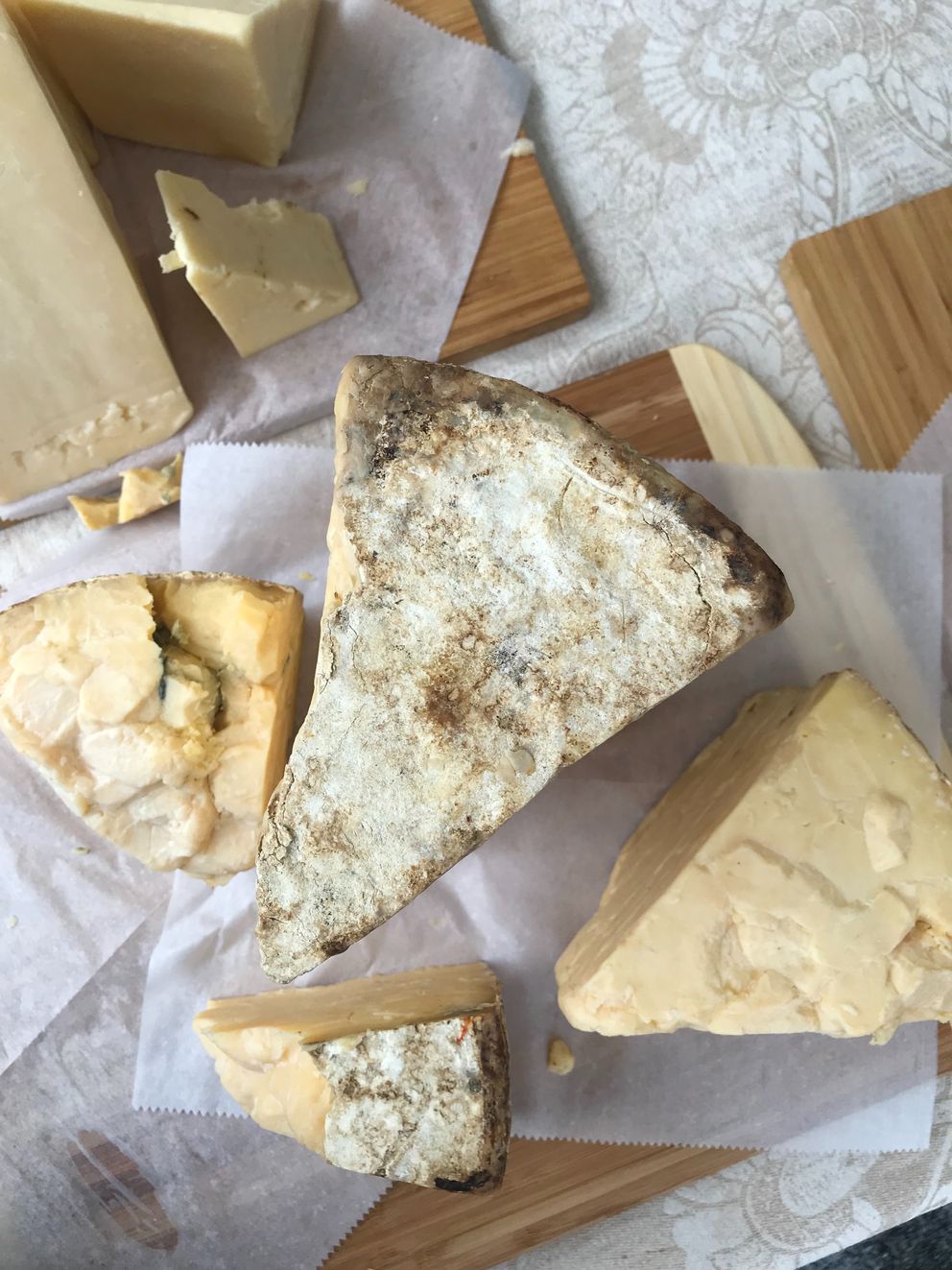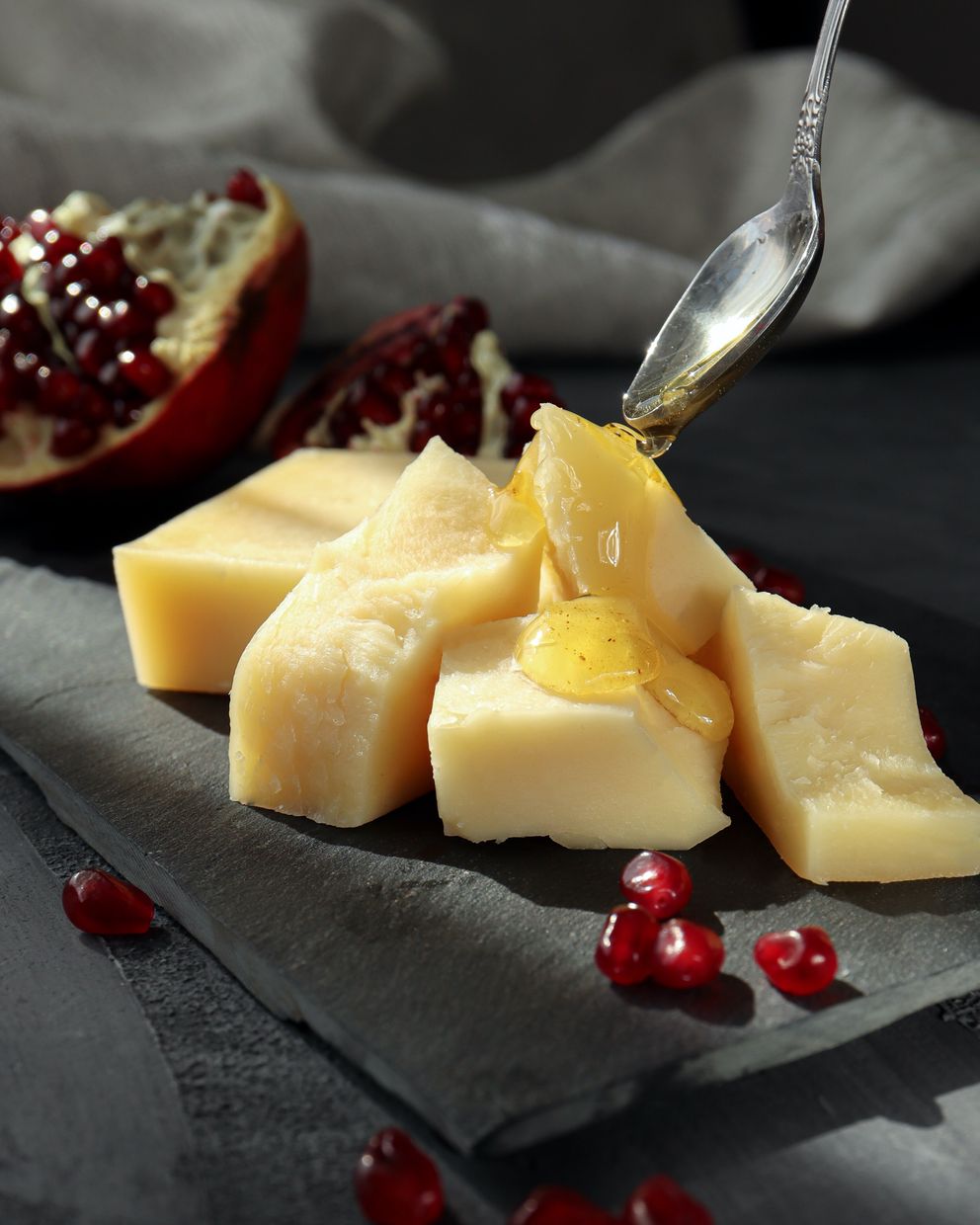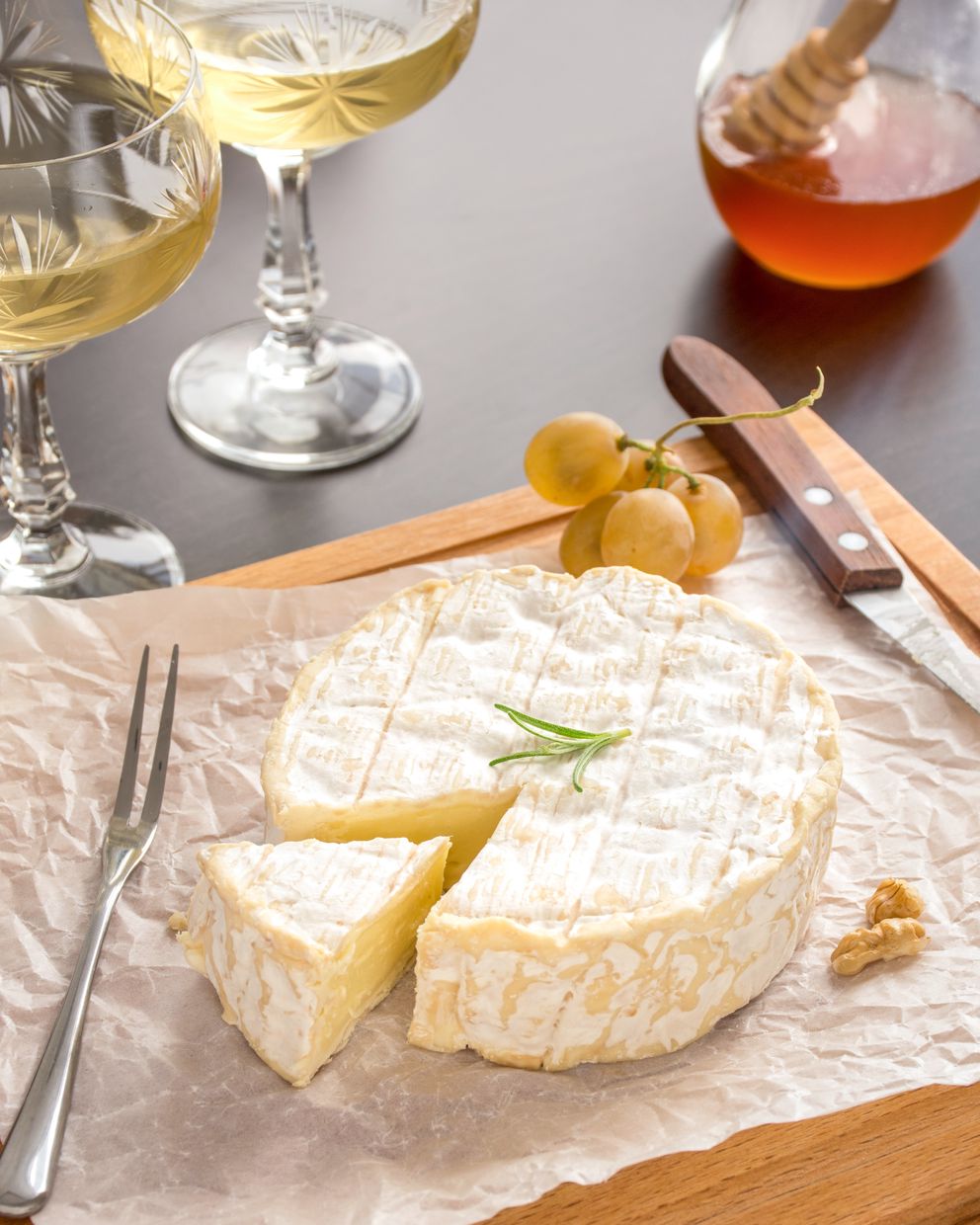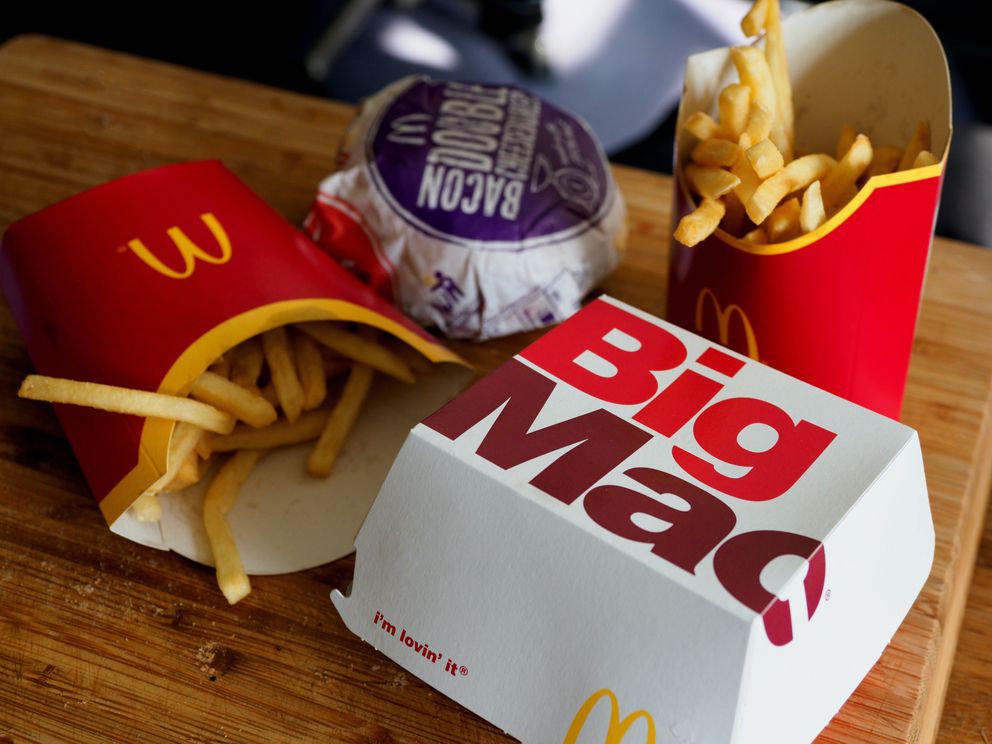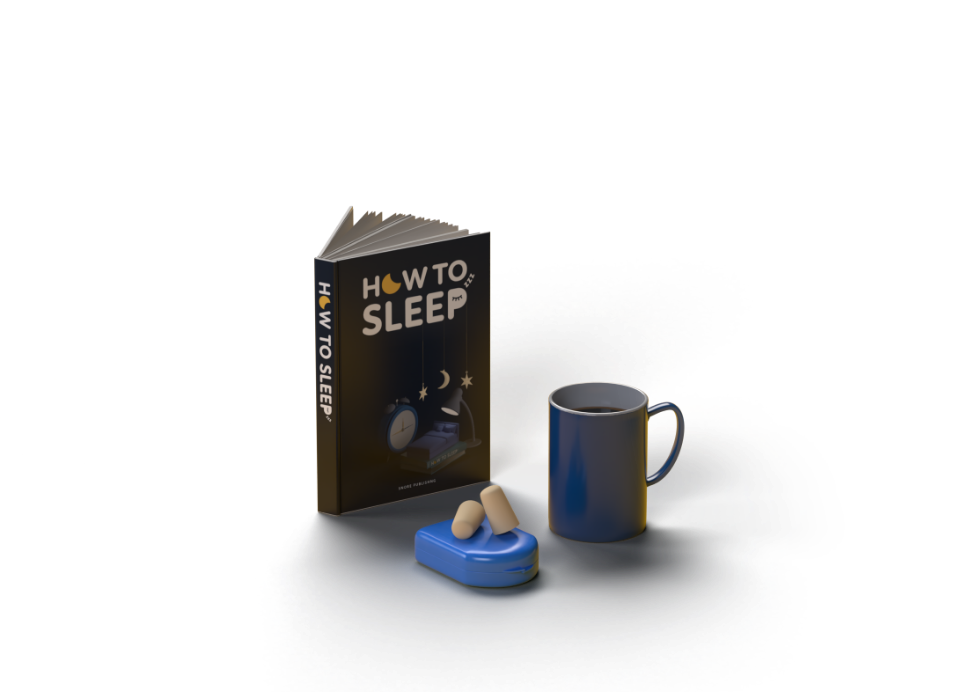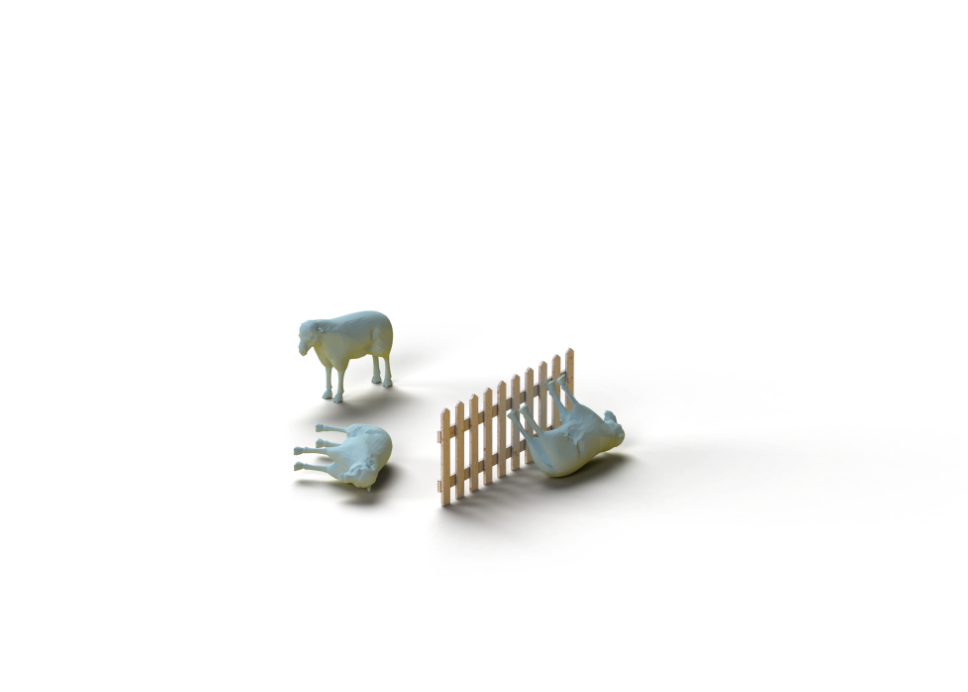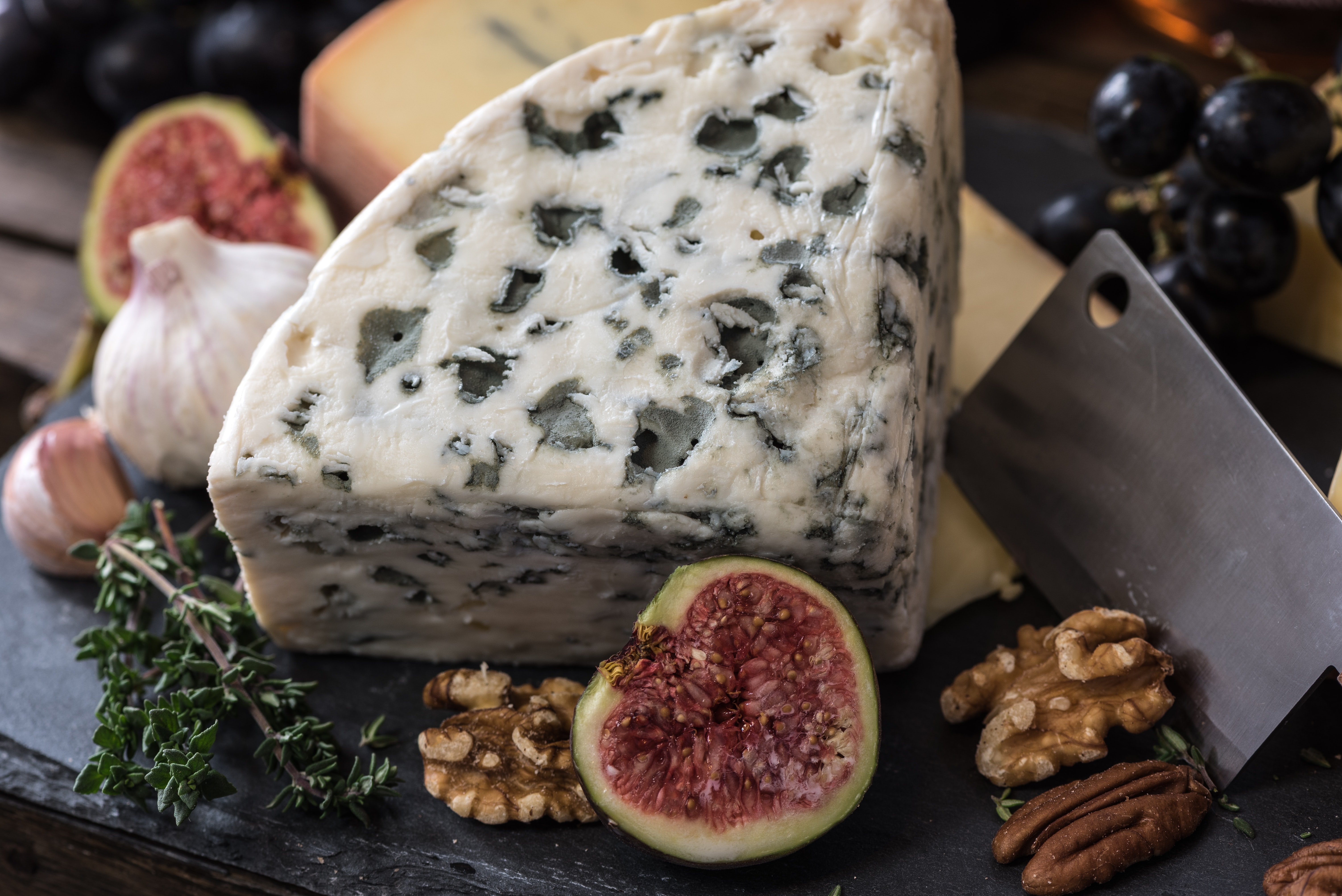
Does cheese give you nightmares?
Learn moreWe all love cheese. And while this nighttime delight is good for the tastebuds, rumours persist that chowing down on some cheddar could leave you with a turbulent series of nocturnal terrors. But just how true is this?
Today, we’ll explore if there’s any truth to the myth, as we assess whether or not cheese really does leave you with nightmares.
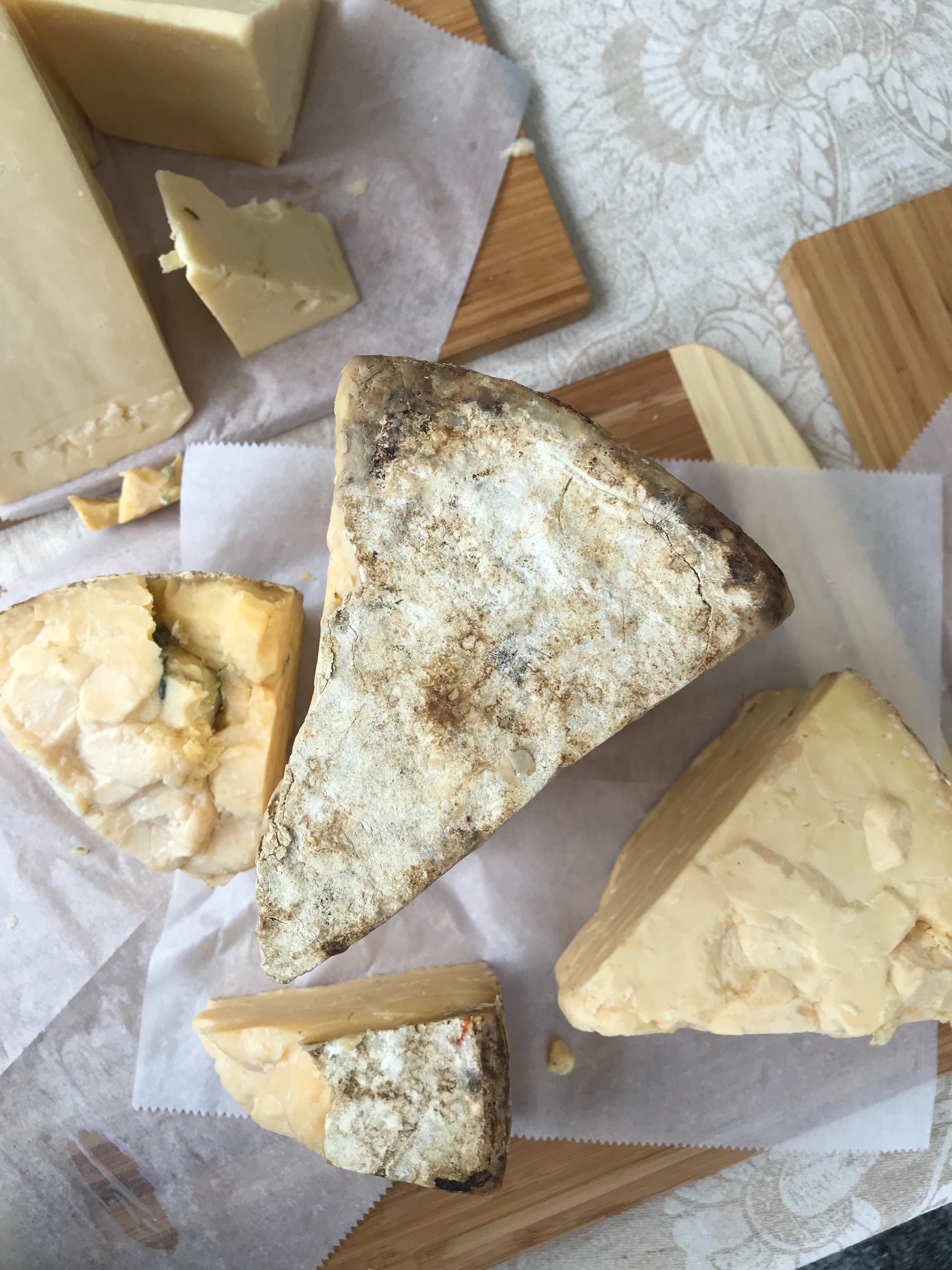
Does cheese give you nightmares?
So, is there a genuine link between cheese and nightmares? Well, yes and no. Scientists believe that while cheese doesn’t directly cause us to picture horrific images in our sleep, the impact that it has on our body can trigger responses which make it harder to achieve a blissful state of rest, hence the association.
The high fat content of cheese makes it harder to digest than other foods we might typically eat before bed. As a result, your body tends to stay more awake during this digestion process, which in turn keeps you in the rapid eye movement (REM) state of sleep for a longer period.
REM sleep is where we often have our most vivid dreams. As such, the longer we remain in this state, the higher the chances of dreaming about something which might be disturbing for us.
Studies go as far as to suggest that the more sleep disturbances someone experiences during the night, the higher the chances of them having nightmares. With cheese playing such a pivotal role in disturbing sleep, the link is clear.
Food nutritionist Sophie Medlin elaborates further on the subject, saying:
“Interestingly, harder cheeses will take longer to digest, while softer cheeses will be easier.”
But cheese shouldn’t be avoided altogether. Sophie added:
“Milk and dairy products have good vitamins in them that are useful for helping us to sleep. Specifically, foods that contain high doses of B vitamins help to promote sleep because they support the production of melatonin and deficiency of this can be associated with anxiety.”
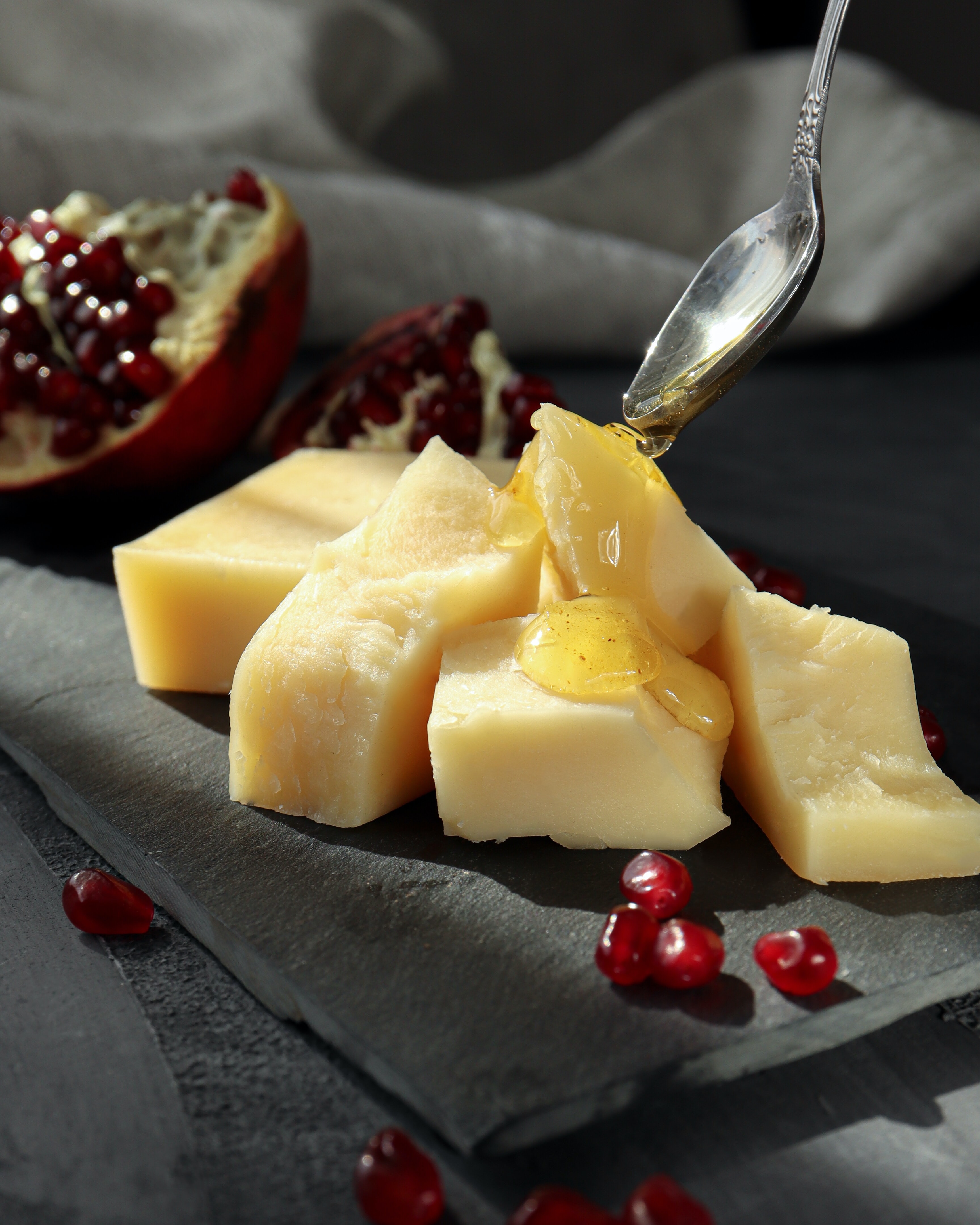
The link between cheese and sleep
The common thread which links cheese with bad dreams is something we’ve all come to understand, but how that happened is less clear. Some theorise that it’s through popular works of literature and media that this natural link has formed. Good examples include:
A Christmas Carol. As part of the extensive list of foods which Ebenezer Scrooge lists as the trigger for seeing the ghost of his former colleague, Jacob Marley, “a crumb of cheese” is amongst the first. This line has stuck with and been adapted to practically every rendition of the Charles Dickens classic, perpetuating the link between cheese and nightmares.
The 2005 British Cheese Board survey. In far more recent anecdotal evidence, the British Cheese Board released a survey which highlighted the impact of different types of cheese on people’s nightmares. The study concluded that cheese may aid sleep, and that the type of cheese you choose can influence the dreams that you have. While the results were certainly interesting, they didn’t provide much in the way of medical evidence.
“Dreams of the Rarebit Fiend” comic strip. Released in 1904, this comic depicted people eating Welsh rarebit (a cheesy dish), and then having odd hallucinogenic dreams. The strip ran for 24 years in the New York Herald, making it a popular and influential piece of media.
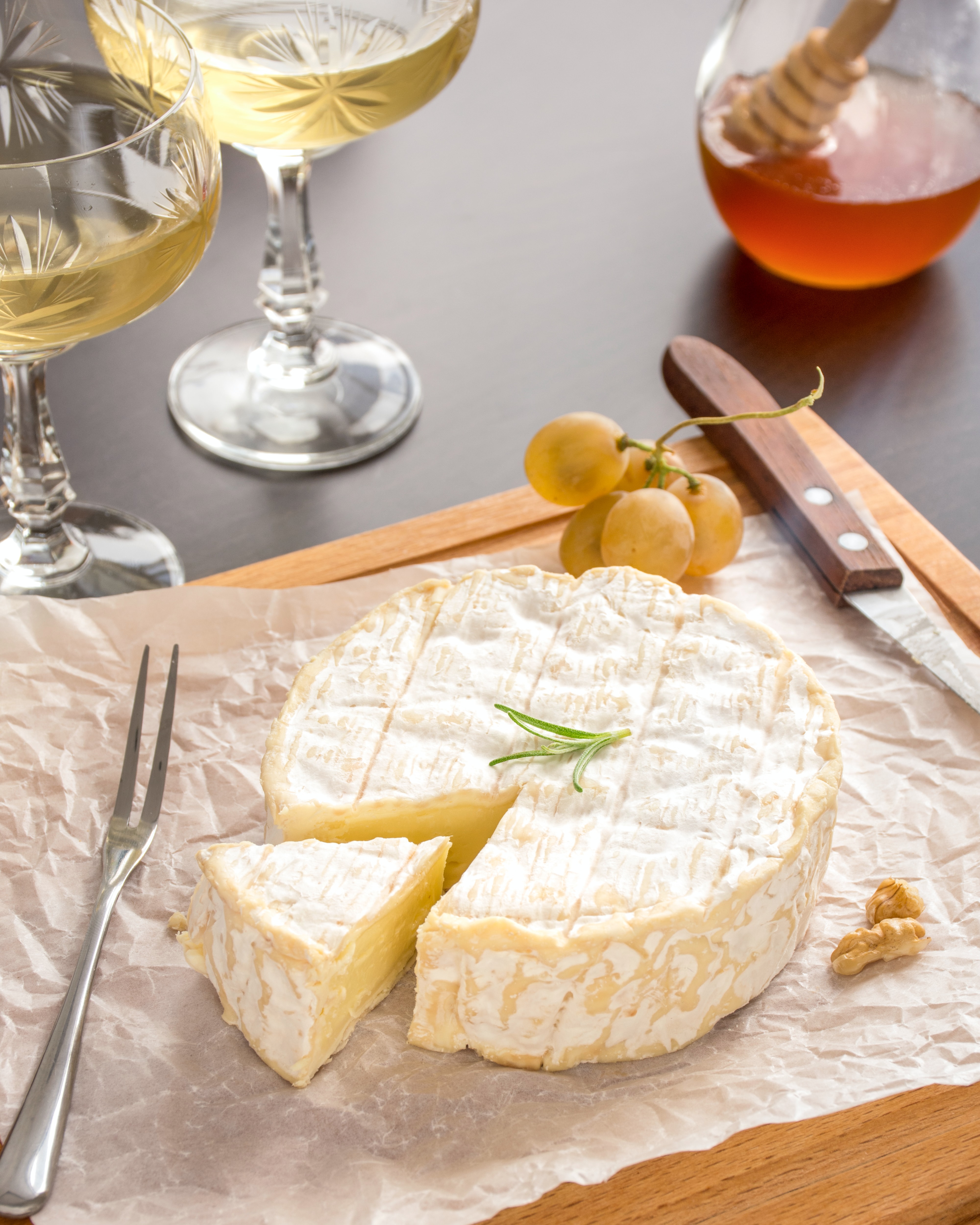
The impact of different cheeses on your dreams
While the link between the two is still up for debate, one interesting survey asked people what impact different types of cheeses had on their dreams. It’s far from scientific fact, but the results showed some interesting results for different types. Here are some of the most intriguing:
Cheddar. Oddly, cheddar appeared to cause people to more regularly dream of celebrities. Useful to know if you fancy brushing shoulders with the stars before bed.
British brie. Those who consumed British brie tended to vary more depending on their gender. Women were pampered by famous chefs, or luxuriating on sunny beaches. Men in the meantime had obscure dreams, such as communicating with animals.
Red Leicester. Surprisingly, as many as 63% of people who ate this kind of cheese dreamt about the past. The most common things reported were thinking about school days past and long lost friends.
Lancashire. Two thirds of people who ate Lancashire cheese dreamt about work in some variety, of which 30% said they specifically dream about their current employment.
Stilton. Interestingly, nobody who ate Stilton reported having a nightmare. Despite that, they did say their dreams had become more vivid, including dreaming about a vegetarian crocodile, and an elevator that could move sideways.
Remember, just like a few of these cheeses on this list, everything here should be taken with a pinch of salt.
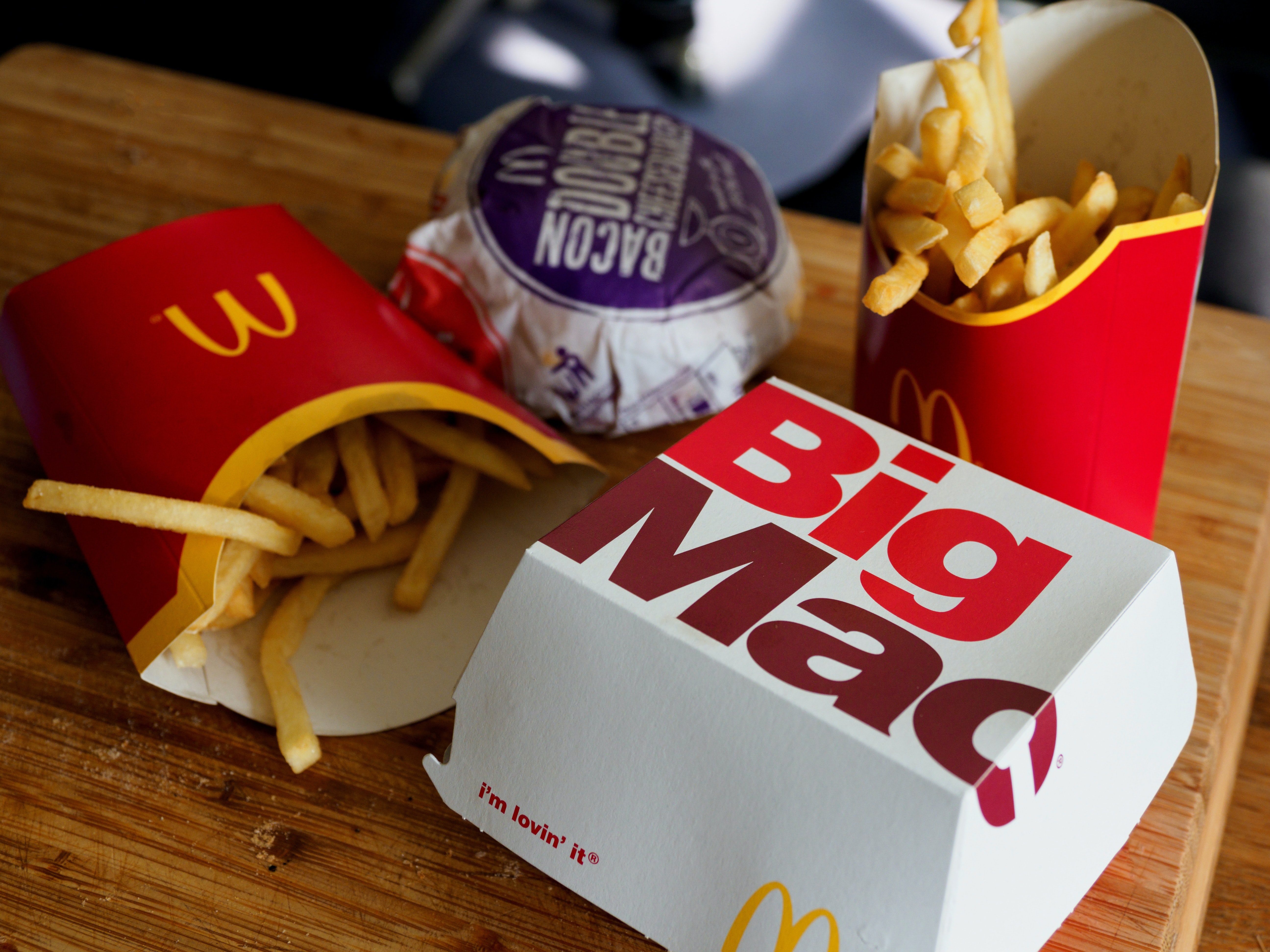
Other foods that might give you nightmares
It’s not only cheese which has been linked to a night of bad dreams. There are other foods which some people think might also cause negative thoughts to spring up as they snooze. Here are some of the foods that people think might cause this to happen:
Spicy foods. Hot foods which might upset your stomach are likely to leave you feeling uncomfortable, and potentially even with a dodgy tummy. They’re also likely to raise your overall body temperature, resulting in you struggling to get out of the dreaded REM phase.
Sugar and sweets. Sugar kickstarts the body’s natural metabolism, making it harder to achieve a state of calm when in bed. What’s more, the sugar itself is more likely to keep you awake.
Fast food. Just as with cheese, a lot of fast food is high in saturated fat. As such, it will have the same impact – making it harder for your body to move out of the REM of snoozing, and thus heightening the chances of a bad dream.
The jury is still out on whether or not cheese has a direct impact on what we dream about. The science would certainly suggest there’s some kind of link, even if that is just a by-product of how our bodies process and regulate the digestion of food as we sleep.
